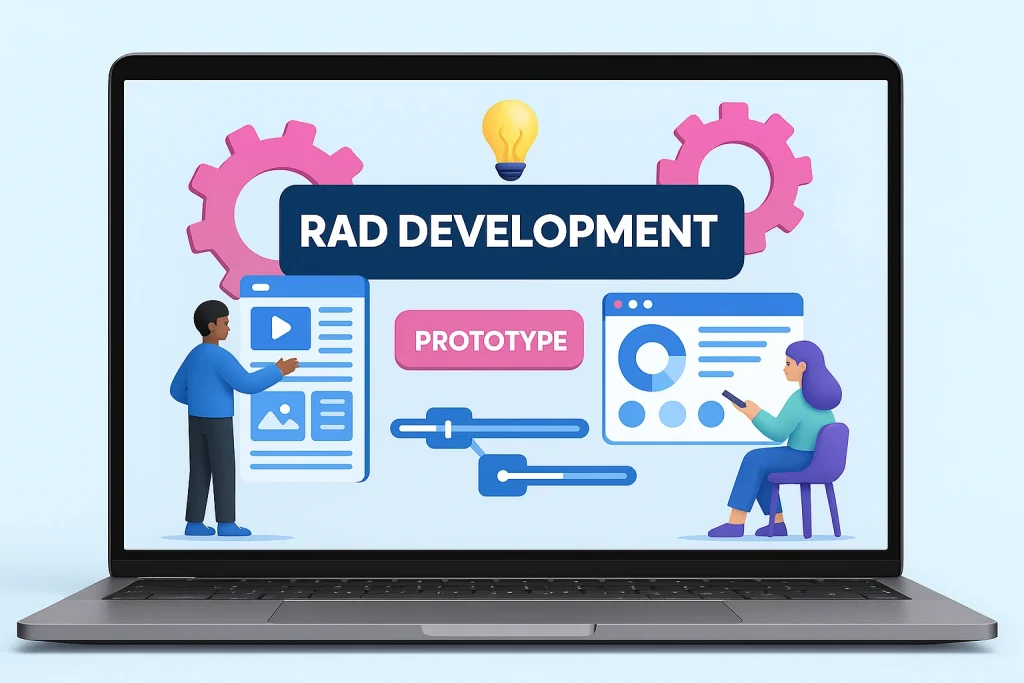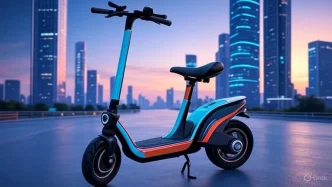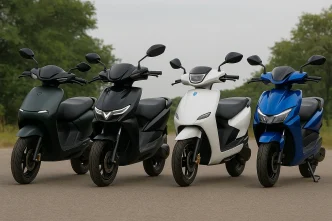Explore 2025’s best app development models. Choose Agile, MVP, or Hybrid for better speed, budget, and flexibility
App development in 2025 is no longer just about writing code—it’s a strategic business decision. Whether you’re a startup trying to validate a product idea, an SMB aiming for scalability, or an enterprise handling complex systems, the model you choose can directly impact your app’s success.
This guide walks you through the most effective app development models of 2025, including their strengths, weaknesses, and ideal use cases—so you can make the right call for your business.
Agile Development Model
What Is Agile?
Agile divides the development cycle into short phases called “sprints,” where working features are delivered regularly. It’s built on collaboration, continuous improvement, and quick adaptation.
Pros:
- Encourages collaboration and ongoing feedback
- Easily adaptable to changes
- Fast delivery of usable features
Cons:
- Can become chaotic without experienced leadership
- Not ideal for projects with fixed budgets
Best For: Startups, SaaS platforms, projects with evolving requirements
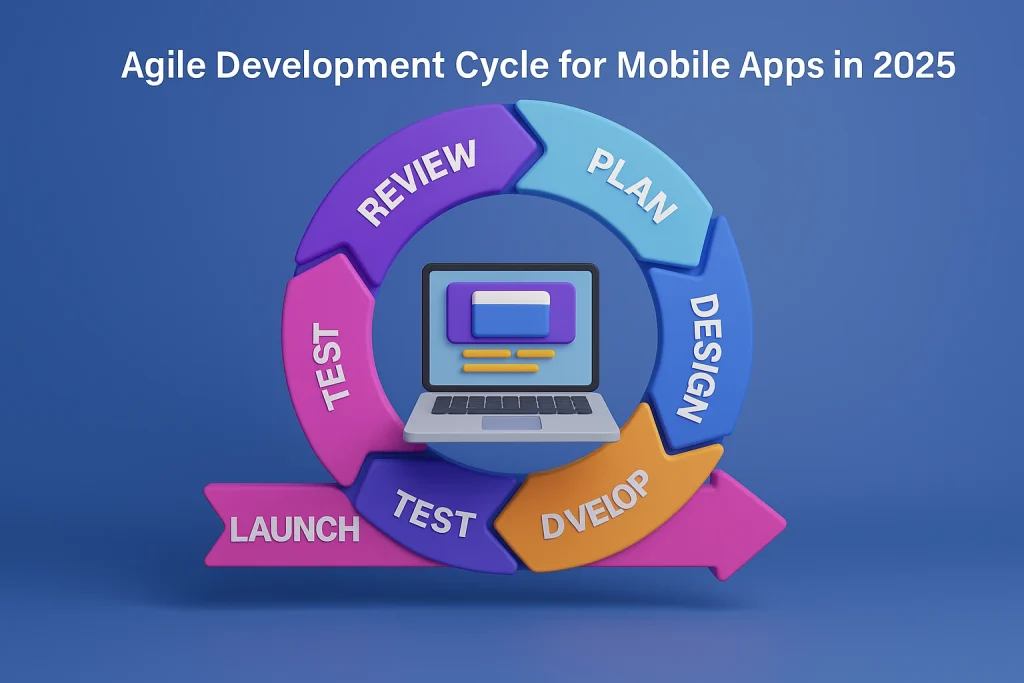
Waterfall Development Model
What Is Waterfall?
Waterfall is a traditional model where each phase—like planning, design, coding, testing—must be completed before moving to the next. It’s highly structured and best suited for fixed-scope projects.
Pros:
- Easy to manage with a linear flow
- Good for documentation-heavy work
- Artificial Intelligence: What It Is, How It Works, and Why It Matters in 2025
Cons:
- Hard to adapt once development starts
- Issues may be discovered late in the process
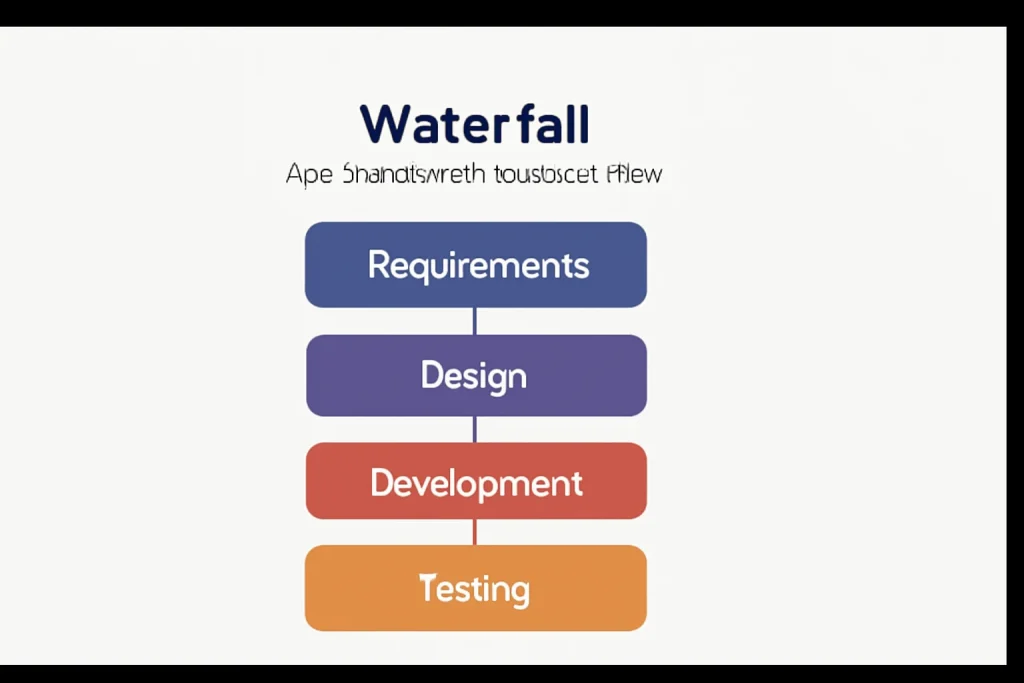
MVP (Minimum Viable Product) Model
What Is MVP?
The MVP model focuses on quickly launching a minimal version of the app with core features. It helps test product-market fit with real users before full-scale development.
Pros:
- Fast and affordable to launch
- Excellent for validating product ideas
Cons:
- Can feel incomplete to users
- Needs more iterations post-launch
Best For: Startups, idea validation, limited-budget projects
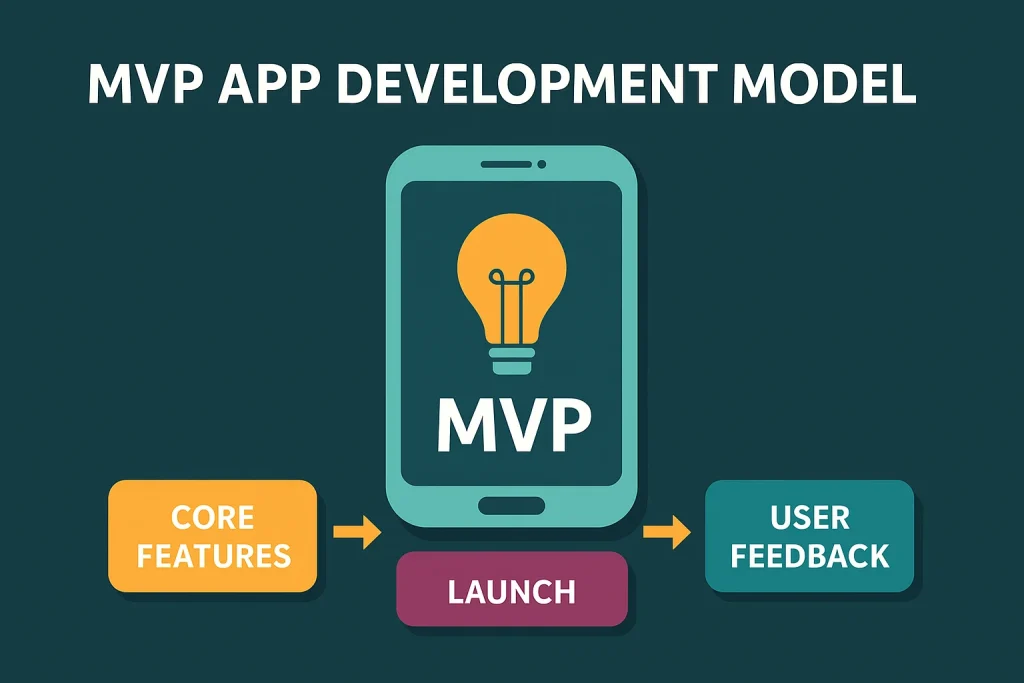
Rapid Application Development (RAD)
What Is RAD?
RAD focuses on building prototypes quickly with minimal upfront planning. It’s ideal for projects that rely heavily on user feedback and fast iteration.
Pros:
- Extremely fast development
- Fosters innovation and experimentation
Cons:
- Requires skilled developers
- Not suitable for large, complex systems
Best For: Prototypes, internal tools, proof-of-concept apps
